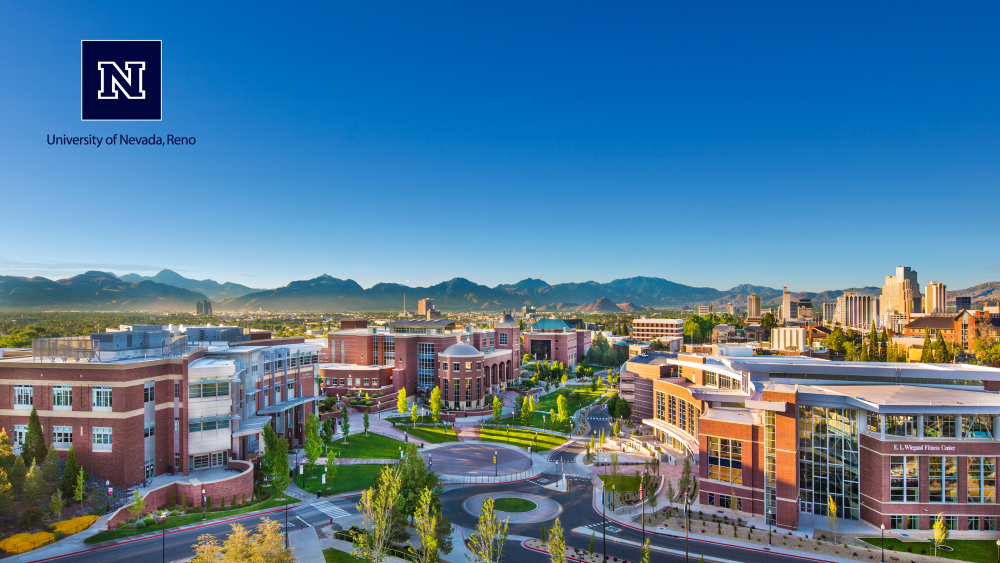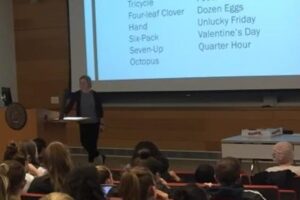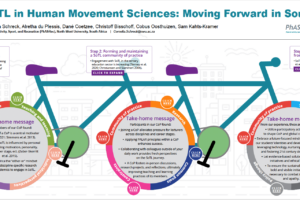A Recipe for Growth: The Undergraduate Thesis and Students’ Self-efficacy Beliefs
By Rosalind Bucy, Research & Instruction Librarian, University of Nevada, Reno
The other night, I embarked on a new and somewhat daunting task: cooking dinner. I cook dinner a lot, but this was a new recipe. The New York Times Cooking had promoted their vegetarian shepherd’s pie and the recent cooler temperatures combined with my desire to eat more vegetables inspired me to try to cook something both comforting and novel. This was on a Tuesday. What was I thinking?! Somewhere in step one of five (“Prepare the topping”) I began to lose confidence in my ability to accomplish the task.
Now let me ask, when was the last time you did something that was entirely new to you? Maybe it was picking up a new hobby, teaching a class for the first time, or moving your whole life online during the pandemic. How confident were you in your ability to succeed? Was there a moment when you thought it would all fall apart? What got you through?
New experiences are hard—for everyone—and college students are no exception. As a college student, so many experiences are novel. This is what makes college such an opportunity for growth, but it can also be stressful. As students approach graduation and prepare to embark on the biggest, newest project of all, they are also completing their most academically challenging projects. Capstone projects and undergraduate theses are a common high-impact practice that students face toward the end of their college careers. We wanted to know how students experienced the thesis-writing process. In particular, we sought to understand how their experiences related to their beliefs in their abilities to complete the task.
In 2019 we followed 11 honors students at the University of Nevada, Reno over the course of several months as they wrote their undergraduate theses. We learned that these students, while perhaps academically prepared for the thesis, were largely unprepared for this mostly solitary academic pursuit when it came to their self-regulation. They struggled to manage their time and their emotions, they often felt isolated, and they relied heavily on their relationships with their advisors and peers to get them through.
Educators should be attuned to the role of emotion and self-regulation in student success. Independent study doesn’t mean leave them alone. Students, like the rest of us, need more than learning how to do research and write. Just as you need to be flexible and compassionate with yourself when you are ready to abandon that new recipe and order pizza (I’m looking at you, step two “Prepare the filling”), students need to learn to put one foot in front of the other while rolling with the ups and downs of a new and challenging experience. They need their teachers, librarians, advisors, writing consultants, and friends to help them learn the self-regulatory skills that will allow them to succeed at their endeavors, big, small, and tasty.
To read the full TLI article, please visit here.
Photo: University of Nevada, Reno, United States





